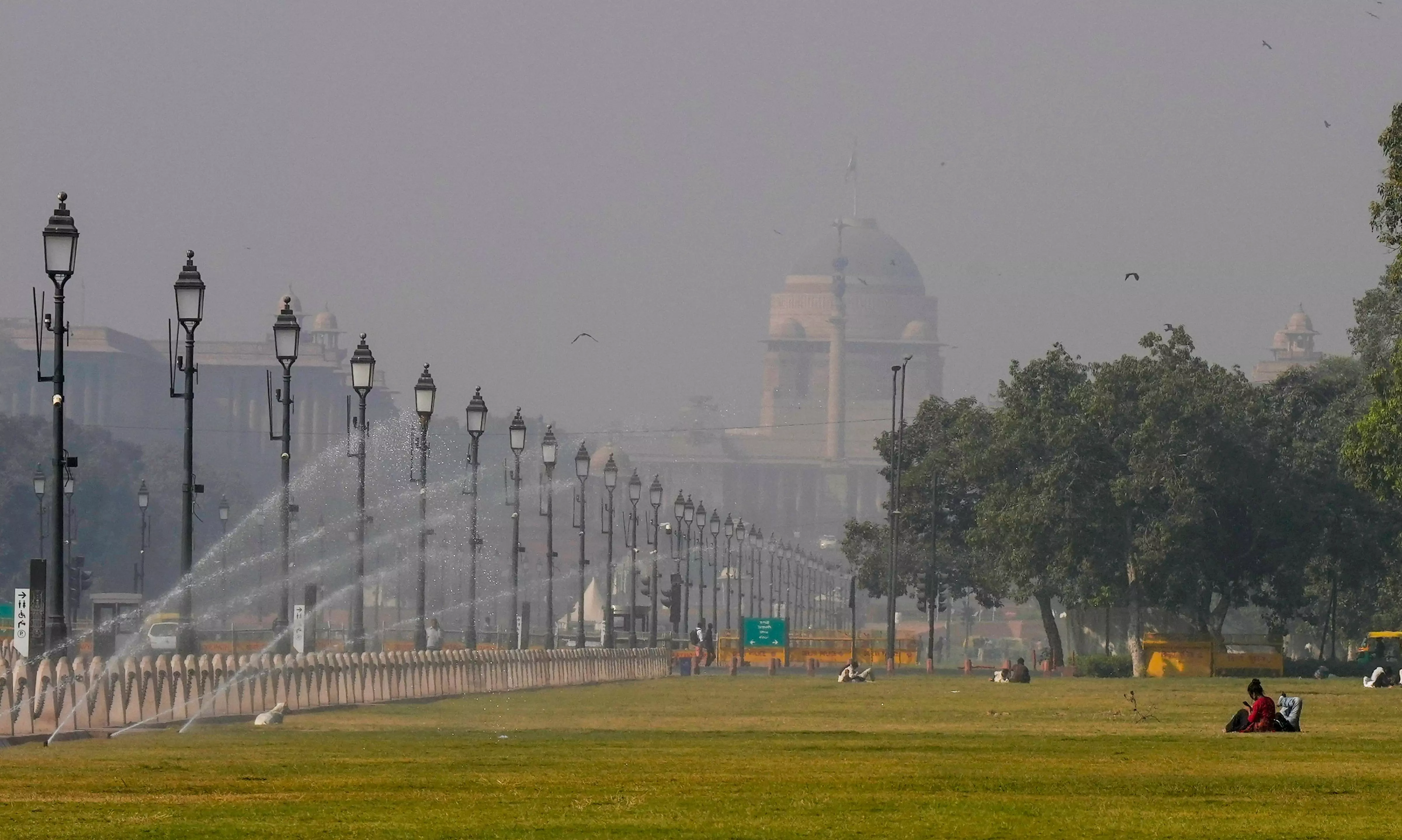
Delhi air quality improves after 50 days, AQI falls to 'moderate'

New Delhi, Dec 4 (PTI) Delhi breathed clean air on Wednesday after a gap of 50 days as the air quality was recorded in the 'moderate' category, offering much-needed respite from the high levels of pollution.
The 24-hour average Air Quality Index (AQI) of the city was recorded at 178 at 4 pm, registering an improvement from 268 on Tuesday.
Earlier, the AQI was recorded in the 'moderate' category with a reading of 198 on October 15. However, the AQI had deteriorated and shifted to the 'poor' category the following day, according to Central Pollution Control Board data.
Speaking about the improved air quality, an official of the India Meteorological Department said strong surface winds were forecast in the city on Wednesday. The winds will blow till December 7 when a new western disturbance is expected, which will lead to moderate fog starting December 8.
Of the 38 air quality monitoring stations in the city, only Sri Aurobindo Marg reported air quality in the 'very poor' category on Wednesday, while eight others showed air quality in the 'poor' category. The remaining reported 'moderate' air quality, according to the Central Pollution Control Board (CPCB).
The CPCB classifies AQI between 0 and 50 as 'good', between 51 and 100 'satisfactory', between 101 and 200 'moderate', between 201 and 300 'poor', between 301 and 400 'very poor', and above 400 'severe'.
The primary pollutants on Wednesday were PM2.5, with levels recorded at 66.8 µg/m³ at 4 pm, while PM10 levels were 149.5 µg/m³ at the same time. These fine particles pose significant health risks as they can penetrate deep into the lungs and enter the bloodstream.
Meanwhile, the Decision Support System (DSS), the primary tool used to assess and estimate the sources of pollution in Delhi, has not been updated since Friday.
The latest data available on the DSS website covers November 26 to November 29, with updates for the past five days missing.
A Commission for Air Quality Management (CAQM) official stated that the DSS is still undergoing development and has not yet been fully operationalised.
"An evaluation committee reviewed the system and found that its data and accuracy did not meet the terms of reference established for the model. Additionally, it was observed that some of the data and the emissions inventory being used were outdated," the official explained, seeking anonymity.
The official added that DSS could resume providing data once the necessary modifications are made.
The last update on November 26 showed stubble burning contributed 5.64 per cent to Delhi's PM2.5 concentration levels, down from 6.99 per cent on November 25. No further updates on stubble burning have been provided since then.
For November 27 to 29, the DSS estimated vehicular emissions contributed between 21 per cent and 24.6 per cent to the city's PM2.5 levels, while "other sources" accounted for between 22 per cent and 24.6 per cent.
The Air Quality Early Warning System for Delhi has forecasted that the air quality is likely to remain in the moderate category from Thursday, with a prediction of deterioration to the poor category on Friday and Saturday.
With clean air, the daytime temperature was recorded at 28 degrees Celsius, three notches above the normal, according to the India Meteorological Department (IMD).
The city recorded a minimum temperature of 12.5 degrees Celsius, 2.5 notches above the season's average, with humidity levels fluctuating between 66 per cent and 44 per cent during the day.
The weather department has forecast mist for Thursday, with the maximum and minimum temperatures expected to hover around 26 and 10 degrees Celsius, respectively. PTI

